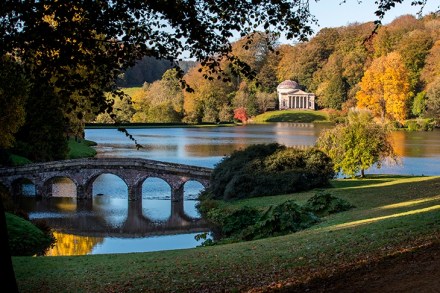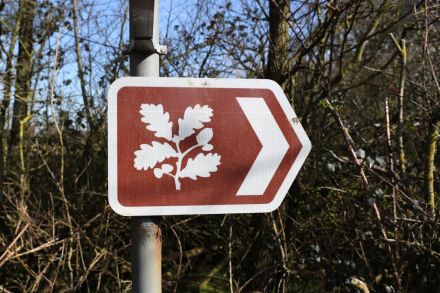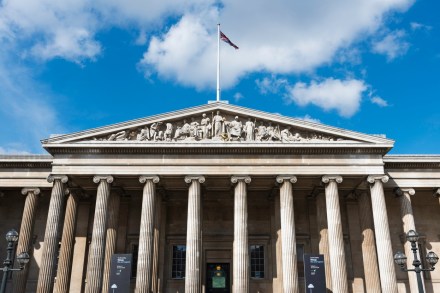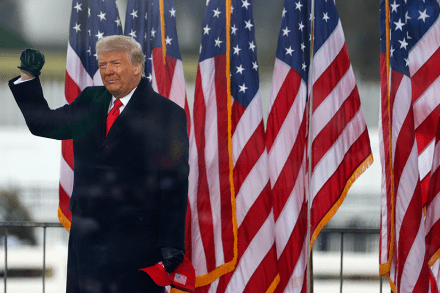Letters: The case for an NHS card
A new prescription Sir: It is maddening to see the British people being refused face-to-face GP appointments and subjected to a form of health rationing that should have ended decades ago (‘Dr No’, 12 June). In Australia a Labour government solved the problem in 1975 by separating payment for healthcare from provision of healthcare. The government gave everyone a Medicare card that could be presented to any accredited healthcare provider. The provider would be paid at a set rate per procedure and send the bill to the government. The result is a truly responsive healthcare system where the patient comes first, is treated with respect and courted by a competitive




















